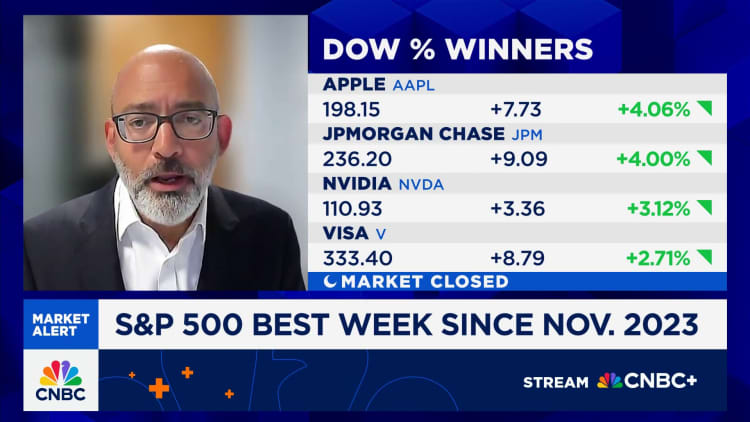Megan Greene, a member of the Bank of England’s interest rate-setting committee, addressed the complexities surrounding U.S. President Donald Trump’s import tariffs and their potential impact on UK inflation. Speaking at the Delphi Economic Forum in Greece, Greene acknowledged the uncertainty surrounding how these tariffs would influence inflation in the UK, especially with the unpredictable behavior of the U.S. dollar.
While the tariffs may lead to higher trade barriers, Greene pointed out that the actual effects on economic growth in Europe remain unclear. The increase in tariffs could potentially slow down growth in various regions, but the full extent of the impact depends on how the global trade system adapts to the changes.
“There’s a level of ambiguity regarding inflation,” Greene said, referring to the possibility of Chinese exports being diverted from the U.S. to Europe. If this shift happens, it could potentially lower prices in Europe, counteracting some of the inflationary pressures caused by the tariffs.
Greene’s comments highlight the complex global landscape where trade policies, currency fluctuations, and regional trade adjustments are creating uncertainty for economists trying to predict inflation trends. The U.S. dollar’s unpredictable behavior has further complicated the situation, making it challenging to gauge the long-term economic consequences of the tariffs.



0 Comments